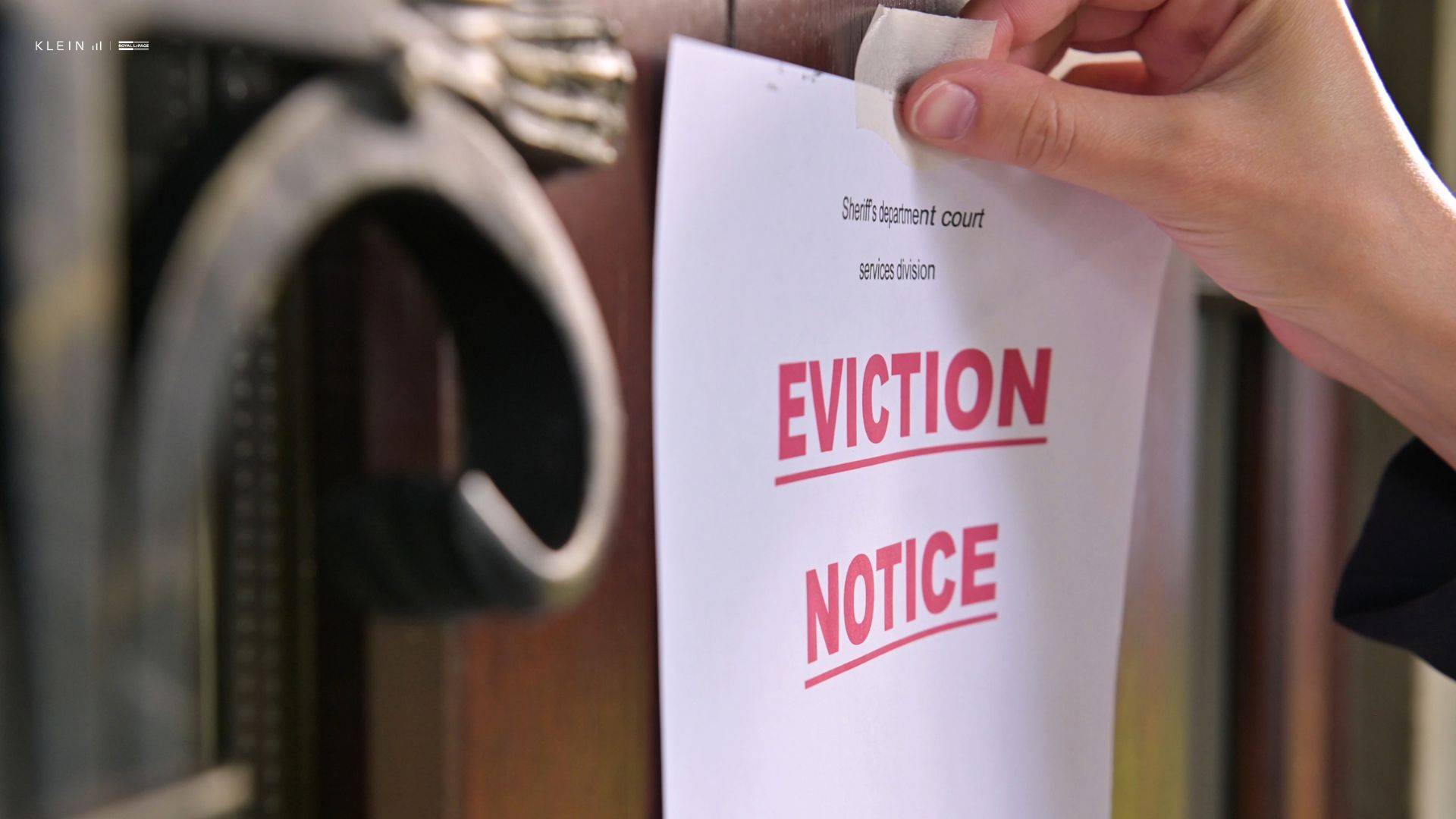To successfully evict a tenant in British Columbia, you must have a deep understanding of the legal aspects governing the relationships between landlords and tenants, as detailed in the Residential Tenancy Act (RTA). This article delves into the intricacies of eviction laws, the reasons for eviction, and the necessary forms for each scenario, providing landlords and property managers with the knowledge to efficiently remove a tenant when necessary.
The RTA sets forth the rights and obligations of both landlords and tenants, aiming for equitable housing conditions. For an eviction to be lawful, landlords are required to issue the correct notice forms, backed by thorough documentation. Pre-screening tenants before entering into a rental agreement can preempt potential eviction scenarios.
The RTA permits landlords to terminate tenancy agreements for several reasons, such as failure to pay rent, illegal activities on the property, or significant damage to the premises or breaches of the lease agreement.
For an eviction to hold up legally, landlords must compile evidence that substantiates the reason for eviction. This includes taking photographs, collecting witness statements, and maintaining a record of all relevant communications, which are crucial for a strong eviction case.

Tenants in British Columbia bear several responsibilities towards their landlords, including:

This section will continue with information on the various types of eviction notices and procedures in British Columbia, tailored to different eviction circumstances.
Landlords can issue a 10-day Notice to End Tenancy (RTB Form 30) if tenants fail to pay their rent or utilities. Tenants should secure written confirmation for any verbal rent payment agreements with their landlords. Additionally, tenants paying in cash should always receive a receipt.
Should rent be even one day late, or if it’s partially unpaid, landlords are justified in sending a 10-day eviction notice. Tenants then have five days from receiving this notice to challenge their eviction by applying for dispute resolution. If a tenant neither pays the overdue rent nor seeks dispute resolution, the landlord may proceed with a Direct Request to obtain an Order of Possession without needing a dispute resolution hearing.
Tenants are required to continue paying for utilities, regardless of any unresolved damage repairs. Should utilities remain unpaid as per the lease agreement, landlords can issue a 30-day demand for payment. Failure to pay within this period allows the landlord to serve a 10-day notice for eviction due to non-payment of utilities.
For violations of the Residential Tenancy Act (RTA) or the lease agreement, landlords may evict tenants by providing a One Month Notice to End Tenancy (RTB Form 33). Grounds for such eviction include:
The director deems tenants non-compliant if they do not act on an order within 30 days, starting from the date they receive the order or alternatively, from another specified date.
A tenant breaches their rental agreement by not adhering to a critical term or failing to remedy a situation after a written warning from the landlord. Breaches can also include unauthorized subletting of the rental unit, in violation of RTA: Section 34, or providing misleading information to potential tenants or buyers about the property.
Landlords may proceed with eviction based on third-party reports, requiring the collection and evaluation of evidence. If a tenant is at risk of eviction under these circumstances, they should seek a direct conversation with the landlord to understand the specifics of the third-party claims and discuss any possible solutions or alternatives.
For a detailed list of grounds for a one-month eviction notice, RTA:
Section 47 should be consulted. Tenants have a 10-day window post-receipt of a one-month eviction notice to challenge the eviction through dispute resolution.Under RTA Sections 49 and 49.1, landlords typically issue a Two Month Notice to End Tenancy (RTB Form 32) when:
The RTA defines "close family member" as the spouse, parents, or children of the landlord or the landlord's spouse. After receiving a two-month eviction notice, tenants have 15 days to dispute the notice and apply for dispute resolution.
Under the Residential Tenancy Act (RTA) Section 49, a Four Month Notice to End Tenancy (RTB Form 29) is mandated in scenarios such as:
In instances where the court grants an order of possession for the unit's demolition or conversion, the lease entitles tenants to compensation equivalent to one month's rent. Tenants have up to 30 days from receiving the four-month notice to challenge the eviction and seek dispute resolution.
Landlords may terminate a tenancy using RTB Form 29 for vital renovations or repairs under the conditions that:
Effective from July 1, 2021, landlords aiming to end tenancies for substantial renovations or repairs must:
After meeting these criteria, a dispute resolution session will be convened. Subsequently, an arbitrator will assess whether the proposed renovations or repairs justify terminating the tenancy. If the arbitrator rules in favor of the landlord, a four-month eviction notice may be issued. Similarly, in cases like demolition, tenants receive one month's rent as compensation according to their rental agreement.
Klein Property Management offers invaluable assistance in navigating the complexities of issuing eviction notices. This is particularly relevant for reasons such as demolition, conversion, or significant renovations. As professionals well-versed in the RTA, we ensure landlords adhere to legal requirements. This mitigates the risk of disputes and ensures a smoother transition for both parties.
We can handle the preparation and service of the required notices, such as the Four Month Notice to End Tenancy (RTB Form 29), and manage the process of obtaining orders of possession or the necessary permits for renovations. Moreover, we are also adept at coordinating with tenants, offering clear communication and facilitating compensation processes, as mandated by law. By leveraging our expertise, we can navigate the eviction process more efficiently and ethically, ensuring that all actions are compliant with provincial regulations and that tenant rights are respected, ultimately maintaining a professional and respectful landlord-tenant relationship.